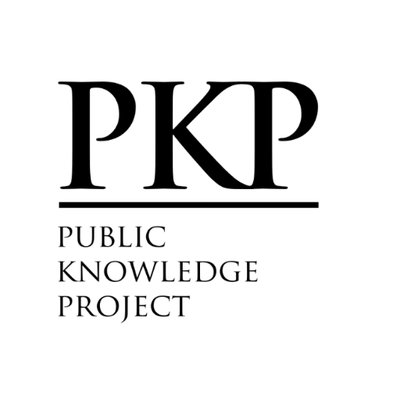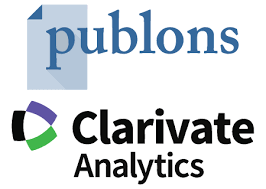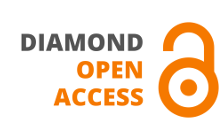Knowledge sharing, knowledge leaking in strategic alliances and firm innovation capacity: an empirical study
DOI:
https://doi.org/10.59051/joaf.v8i2.120Abstract
This study aims to examine the influence of firms’ alliance knowledge on their innovation capacity, under the contingencies of both intentional and unintentional leakage of business-critical knowledge. Based on a survey of 410 staff from 205 allied firms in Tunisia, this study applies the linear regression to investigate the research model. The results show that external knowledge sharing appears to have a positive effect on firms’ innovative capability while high levels of intentional and unintentional knowledge leakage by a focal firms’ employees, turns out to negatively moderate such a relationship. In this paper, actors of focal firm need to distinguish between the firms' critical knowledge, and the one which can be legally shared and exchanged with other partners. Sharing critical knowledge, intentionally or unintentionally, might hurt the focal firms’ innovative capacity. Although the issues of knowledge sharing and innovation have been exhaustively treated in the literature, very little are the research works which have undertaken to study the links between knowledge sharing, knowledge leakage and the firms’ innovation capacity. Thus, this study is designed to foster further enrichment to the literature, by proposing more clear differentiation between unintentional and intentional knowledge leakages and their impact on the firm’s innovation.Downloads
Download data is not yet available.
Downloads
Published
2017-12-24
How to Cite
KHELIL, A., & HADDAD, M. (2017). Knowledge sharing, knowledge leaking in strategic alliances and firm innovation capacity: an empirical study. Journal of Academic Finance, 8(2). https://doi.org/10.59051/joaf.v8i2.120
Issue
Section
Articles
License
Copyright (c) 2017 Amira KHELIL, Mohamed HADDAD

This work is licensed under a Creative Commons Attribution-NonCommercial-NoDerivatives 4.0 International License.
Authors who publish with this journal agree to the following terms:
- Authors retain copyright and grant the journal right of first publication with the work simultaneously licensed under a Creative Commons Attribution License that allows others to share the work with an acknowledgement of the work's authorship and initial publication in this journal.
- Authors are able to enter into separate, additional contractual arrangements for the non-exclusive distribution of the journal's published version of the work (e.g., post it to an institutional repository or publish it in a book), with an acknowledgement of its initial publication in this journal.
- Authors are permitted and encouraged to post their work online (e.g., in institutional repositories or on their website) prior to and during the submission process, as it can lead to productive exchanges, as well as earlier and greater citation of published work (See The Effect of Open Access).






















